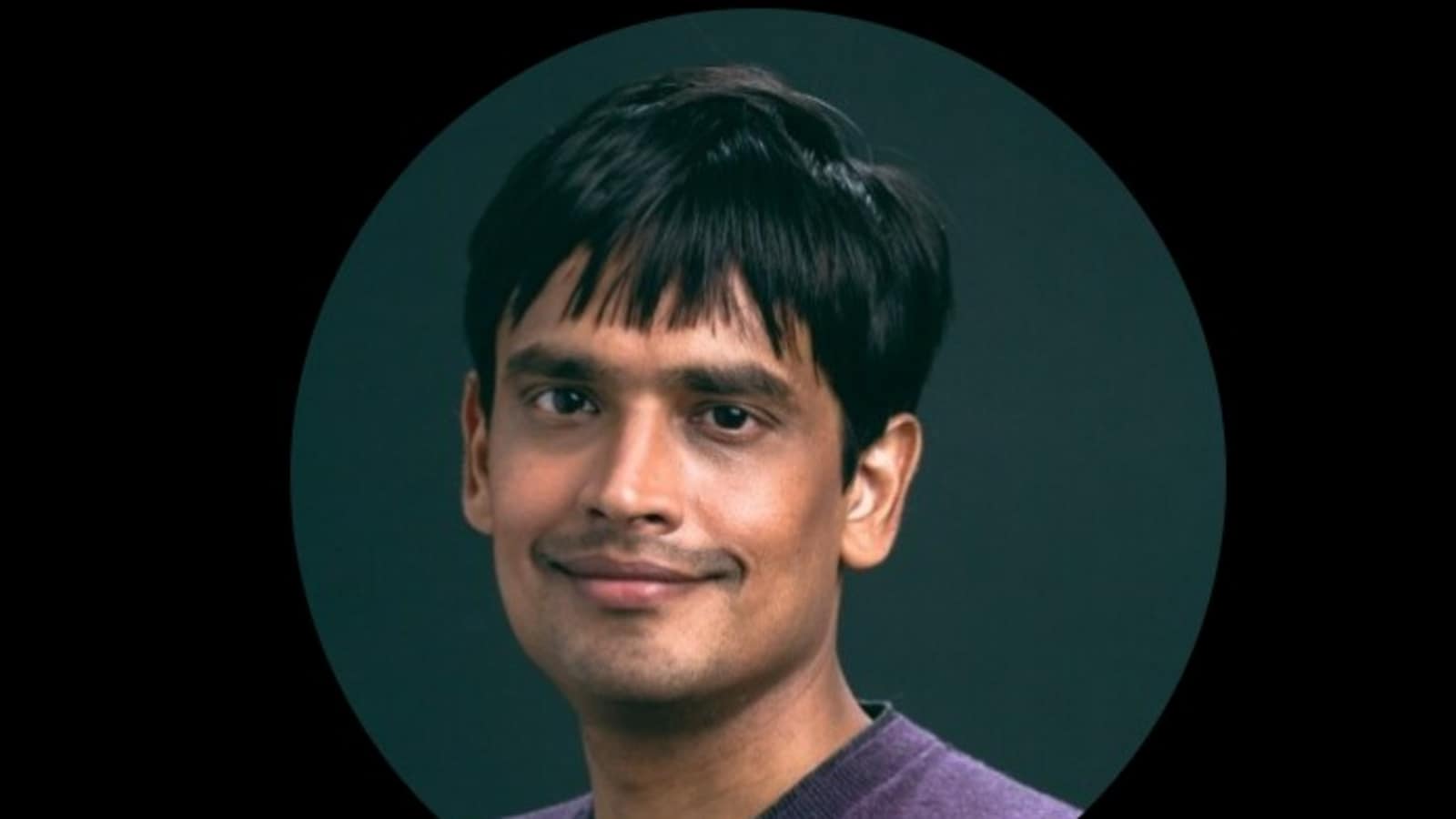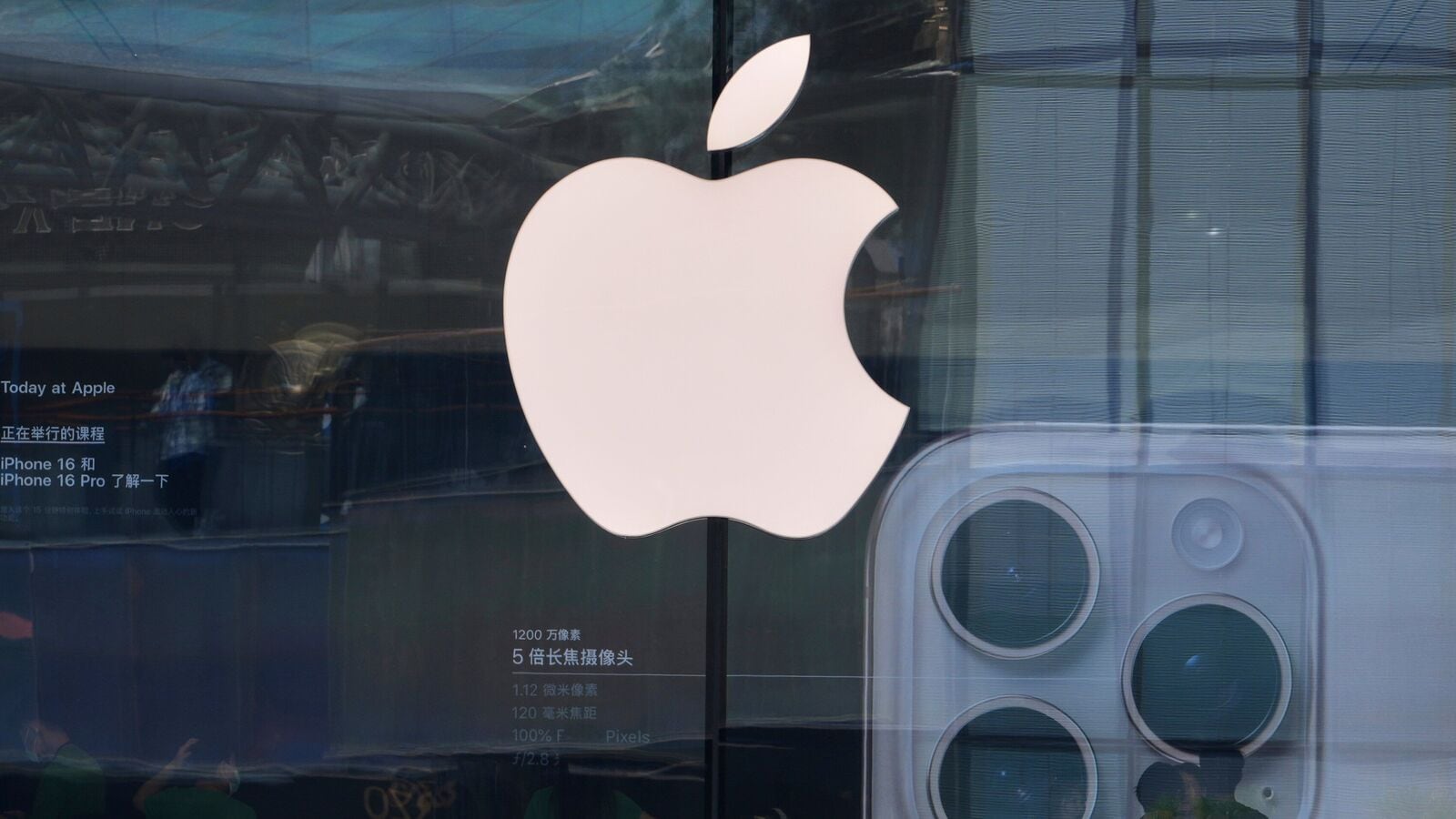Who is Srinivas Narayanan? The tech leader who says AI will turn coders into CEOs

Artificial Intelligence is progressing at a pace that has left many industries struggling to keep up, and the world of software engineering is no exception. At the heart of this transformation is Srinivas Narayanan, Vice President of Engineering at OpenAI, who believes AI will soon reshape the role of software developers, urging them to adopt the mindset of business leaders rather than traditional coders,reported MoneyControl.
Narayanan, who has been instrumental in building some of OpenAI’s most advanced tools which inlcudes Codex, a cloud-based agent capable of autonomously executing complex programming tasks, said at the Sangam 2025, the innovation summit hosted by the IIT Madras Alumini Association, that the future of engineering is about more than just lines of code.
“It’s about thinking like a boss,” he notes, pointing to a future where the responsibility of engineers shifts from detailed execution to strategic vision.
“AI systems are moving far beyond simply answering questions,” Narayanan explained. As machines begin to take over the technical minutiae, human engineers will be expected to define the direction, focusing on the “what” and the “why” of projects, leaving the “how” increasingly in the hands of intelligent systems.
He emphasised that this transition is not just about automation, but empowerment. “Just the ability to think bigger is going to be incredibly empowering for people,” he said, adding that those who succeed in the evolving landscape will be those who embrace a broader perspective, the kind once reserved for founders and CEOs.
Narayanan’s vision underscores how AI is poised to amplify the impact of smaller teams. “An organisation should be able to do a lot more with the people that we have,” he said, suggesting that AI can elevate both individuals and businesses by multiplying their effectiveness.
Beyond engineering, Narayanan highlighted how AI is driving breakthroughs in research, from solving complex scientific questions to assisting in critical medical diagnoses. He cited the use of AI in identifying rare genetic disorders as a powerful example of how technology can deliver life-changing results with speed and accuracy.







